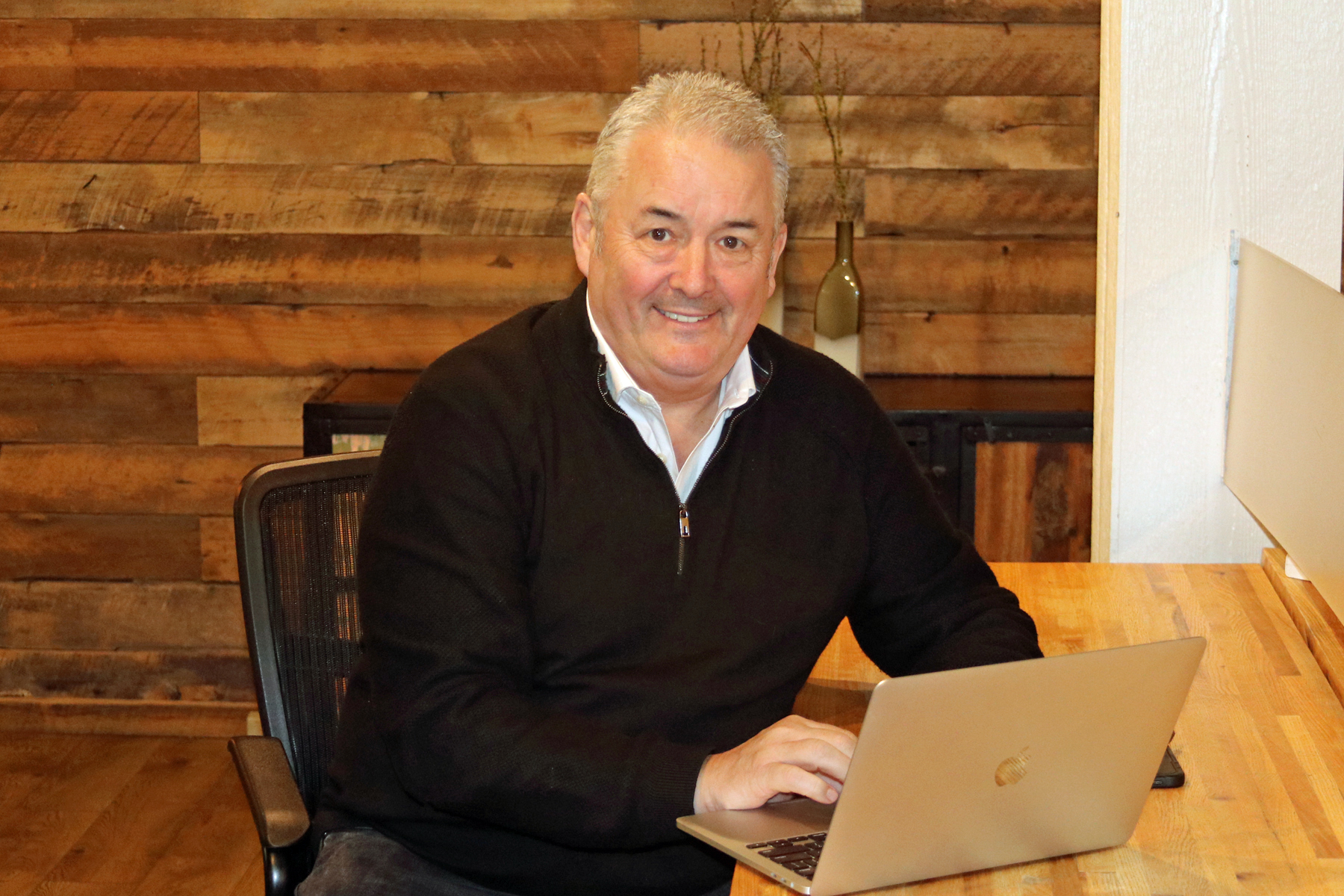
October 2018
Allow your college age child to choose and learn based on interest – not solely on employability trends
Working and teaching at state university provides the opportunity to view the world through the lens of twenty-year-old college sophomores and every semester I see quite a few gloomy students. They’re not necessarily frustrated about college life, grades, or the financial struggle of an under-grad, they’re unhappy with their major. When asked why they’re studying engineering, medicine, or whichever field they’re currently studying, I commonly hear the same answer, “My parents want me to.” As University faculty and staff, we know parents mean well, but insisting on a course of study students aren’t interested in is a truly taxing thing to ask of your child.
Having watched students struggle through what they perceive to be as drudgery, we see the toll it takes on them. Sharon Reed, a former college professor, says of one student, “[He] burst into tears during my office hours because he had a ‘C’ in calculus and didn’t think that he could do better. He dreaded explaining to his parents, who wanted him to be an engineer, that he was at the height of his talent for math and it wasn’t enough, nor did it make him happy.” “What do you want be?” she asked him. “A zoologist,” he replied, and spent the next 15 minutes telling her about earthworms. He left cheered, but she wondered if his parents would grow to accept that it’d be better to have a passionate zoologist who would most likely start at the local aquarium vs a halfhearted, at best, engineer.
Steven Pearlstein, professor of public affairs at George Mason University, wrote about a similar phenomenon where the parents of his students were not allowing their kids to choose the various liberal arts degrees such and English, philosophy, and fine arts because the return on investment was too unclear. No doubt it gives parents ease, especially when paying large tuition and fees, co-signing on loans, or as I have seen – mortgaging their homes to know their child chose a major that leads to a for sure job offer; nursing, engineering, computer information systems, etc.
And who wouldn’t agree? The workforce is competitive. College debt is at an all-time high. Preparing for a career that is in high demand seems imperative. Is it true that there is no demand for liberal arts graduates? Are liberal arts studies so broad and outdated that they don’t prepare your child for anything useful? Are the real opportunities only for those who study business, IT, or health care?
The reality is employers in every sort of industry are interested in people with these majors. Why? College graduates hailing from liberal arts background have honed in on critical thinking skills, communication abilities, and creativity. The range and extensiveness gives these students the knowledge that can help them thrive in a wide variety of fields. In fact, numerous companies want these graduates with Leidos: a large defense, intelligence, and homeland security contract being at the top. Other companies include Oracle, Lockheed Martin, and The Hartford Financial Services Group.
The jobs with the highest demand for liberal arts majors are surprisingly diverse: intelligence analyst, signals intelligence (SIGINT) analyst, business development managers as well as project managers.
It is factual, a four-year liberal arts program is not a trade school and it would be foolish to assume graduates of such a program will emerge as income-producing licensed workers. However, part of the beauty of attending a four-year college is being able to explore new interests and ideas which may lead to our children having a better understanding of who they are, what they’re good at and yes, what they might enjoy doing. Few students who enter college have an actual grasp on what they might want to do as it can be all over the map. College can be a place for them to find their special niche.
Allowing our children to explore is a process that is essential for growth. While the anxiety we as parents have over our children being able to be self-sufficient can be blinding, finding other ways to channel that anxiety that doesn’t include limiting their choices is one that will ultimately lead to happier children. It is true we want our children to have better and more opportunities than what we were afforded, however offering them the guidance to navigate difficult choices is the kindest way to support them.
Integrated People Solutions is an executive placement firm in Denver, Colorado, and is part of the Kennedy Executive Network
About Kennedy Executive
Kennedy Executive Search & Consulting is a global partner network of retained search boutiques in Europe, Africa, North America and Asia Pacific with offices in Amsterdam, Budapest, Copenhagen, Denver, Frankfurt, Johannesburg, London, Milan, Monaco, Oslo, Paris, Prague, Sydney and Vienna. The network covers 360 degrees of talent management: executive search finds and assesses the right talent in the market, consulting develops people and organizations. With the addition of Evolve South Africa, Kennedy is now active on 4 continents and in 14 countries and offers a global reach. Between the 75+ consultants and researchers, 30 languages are spoken. As a network Kennedy will run 365 strategic recruitments all over the world this year. Kennedy Executive Search & Consulting helps organizations to achieve their goals and people to enhance their careers every day.



